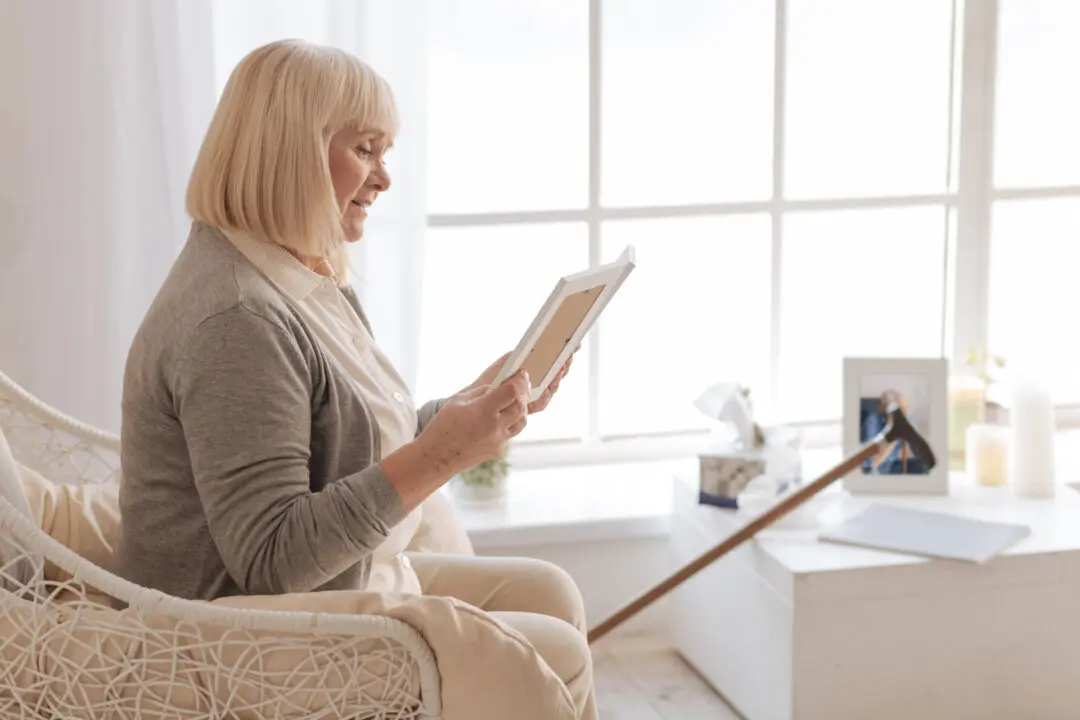I’ve saved up some questions that are either from widows or from husbands or wives wondering about future widow’s benefits. Here are some of them.
Q: I want to make sure my wife gets the highest widow’s benefits possible after I’m gone. How do I do that?






